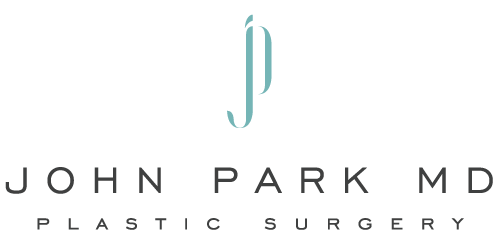
26 Apr Pain Management After A Facelift: Post-Operative Care With Rhytidectomy
Beauty Doesn’t Have To Equal Pain
A facelift, known as rhytidectomy, is a great way to treat severe signs of aging, including wrinkles and sagging skin. With any cosmetic surgery, there will be a degree of pain immediately after the operation. Facelifts require the surgeon to make incisions along the hairline and behind the ear. The size of the cuts varies depending on the type of facelift the patient receives. Nevertheless, pain management is an essential part of the recovery process. Pain management helps patients recover faster and also influences the outcome of surgery. Here are some of the best post-operative care options after a facelift.
Manage pain as directed
After surgery, some pain is expected, especially at the incision sites. The surgeon will provide instructions on pain management and may recommend non-steroidal anti-inflammatory drugs (NSAIDs) or more powerful opioids to help. The drugs must be used as directed to avoid unwanted side effects or dependence. Antibiotics may also be given to help prevent infections, which can cause pain. Post-operative pain should last a few days and then slowly subside over time. Take medication accordingly, but seek advice from the surgeon if the pain persists for more than 1 week.
Care for the incisions
Part of pain management requires managing the bandages and caring for the incisions. Bleeding is expected within the first 1-2 days post-operation. Caring for the incisions will require cleaning with a bar of gentle soap and water, applying topical antibiotic creams, and changing bandages. After about 2 weeks, the stitches will be removed. There may still be some tenderness and discoloration in the area. Topical products like vitamin E and over-the-counter (OTC) pain medications can help.
Minimize swelling
The aftereffects of surgery will vary from patient to patient. However, all patients will experience some swelling, the body’s natural inflammatory response. The face, in particular, can experience noticeable swelling since the skin and tissue there are thinner than other parts of the body. Swelling can also lead to pain. Use ice packs periodically to reduce the swelling, especially after the first 1-2 days. Ice packs and NSAIDs should help manage pain until the swollen tissue subsides in a few weeks.
Keep things still
Excess movement can cause more swelling and pain. Many patients are eager to resume work, exercise, or other obligations after surgery. However, moving around too much can prolong the healing process and cause more pain. Try not to bend the head too far forward or backward for at least 1-2 weeks to avoid increasing blood pressure (BP) unnecessarily. Avoid lifting objects, exercising, or operating powerful machinery during this time. Less movement equals less pain.
Managing pain at night
As the body shuts down for rest, the pain can be particularly challenging at night. Post-operative care is essential when patients are close to bedtime for improved rest and recovery. Doctors recommend keeping the head elevated and sleeping on the back as much as possible. Make sure to take the necessary pain medication before bed to get a full night’s rest.
The right diet
An anti-inflammatory diet is one of the hidden secrets to less pain and discomfort during recovery. Foods like processed sugar and saturated fats contain properties that raise cortisol levels, glucose levels, and inflammation. During recovery, the goal is to focus on whole foods, leafy greens, nuts, seeds, fruits, and vegetables. Choosing healthy foods during recovery can reduce inflammation, help avoid infections and scarring, and speed up healing.
Heal quickly with pain management
Some discomfort and pain after a facelift is expected as the body is trying to heal the face as quickly as possible. While some downtime will be necessary, the results are well worth the effort of pain management. During recovery, patients should focus on taking the proper medication, eating well, and caring for the incisions to recover with ease.



